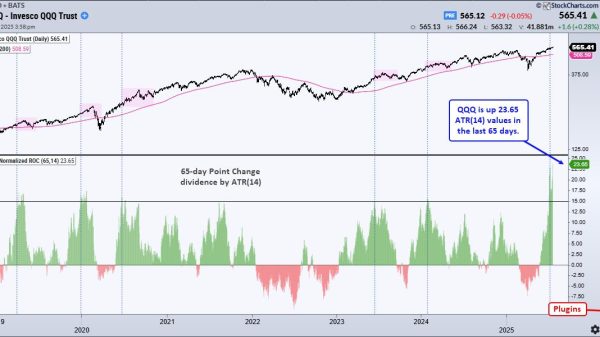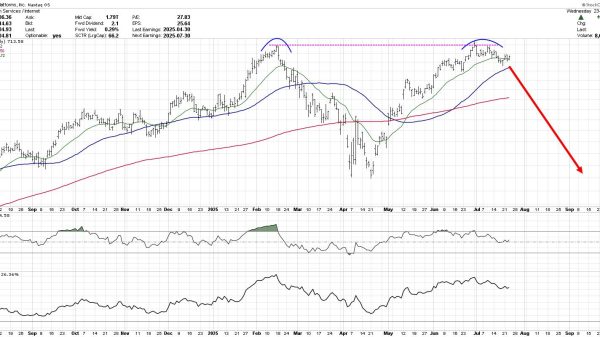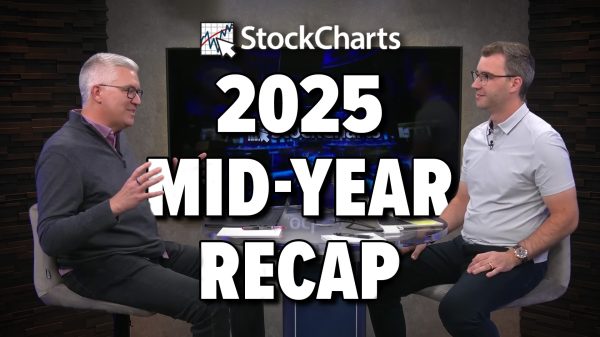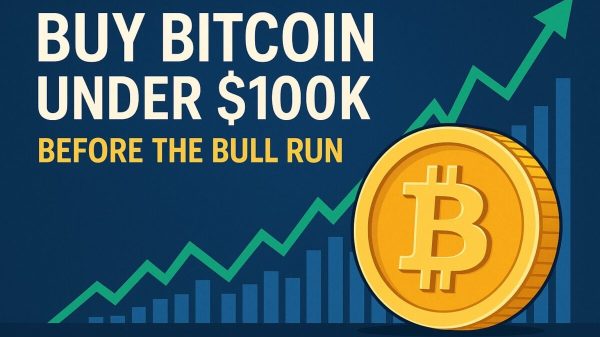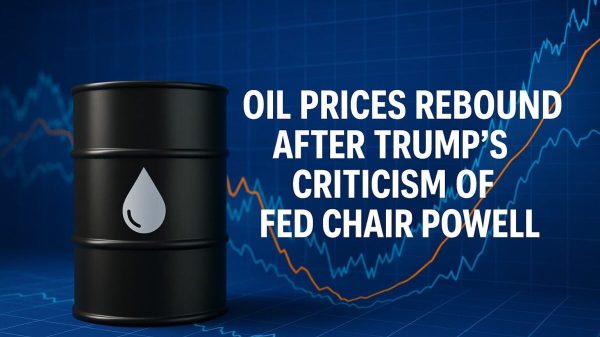
Post-pandemic consumer splurging is rapidly coming to a halt, according to two widely followed U.S. companies — more evidence that the U.S. economy is likely in for a period of slower economic growth.
Pepsi and Delta Air Lines both offered subdued financial outlooks as they reported quarterly earnings Thursday, and both cited the same reason: Customers are now becoming more value conscious, after years of struggling with elevated costs.
‘The impacts of persistent inflationary pressures and higher borrowing costs over the last few years have resulted in tighter household financial conditions,’ Pepsi said Thursday in a statement.
As a result, the company said, consumers have become more price sensitive across its entire range of products.
Delta CEO Ed Bastian echoed the sentiment in explaining his company’s lower outlook for the rest of the year.
“What you see happening is the impact in the domestic marketplace to the lower fare discounting that’s been going on this quarter,” he told CNBC airline reporter Leslie Josephs.
In other words, Delta customers have started to push back on paying top-dollar to travel in the skies.
The stock price of both companies fell in early Thursday trading. A third consumer-focused company, Slim Jim-parent Conagra Brands, also reported lower earnings Thursday, and CEO Sean Connolly likewise said customers are becoming more cost conscious as they ‘adapt and establish new reference prices.”
The seemingly economy-wide bargain-hunting was further reflected Thursday in the latest official inflation data, which showed the monthly Consumer Price Index had meaningfully declined for the first time since the pandemic.
While the change in the 12-month index remained above the Federal Reserve’s 2% goal, at 3%, it cooled more than analysts’ expectations.
Thursday’s company announcements kick off several weeks of other big consumer companies giving business updates.
Even as consumers start budgeting more, economic forecasters say there is still no sign of a recession. While the labor market has begun to weaken, wage growth remains healthy — even surpassing the rate of inflation, but the pay increases are not excessive.
‘The labor market is normalizing, it isn’t seeing the type of weakness that could spark recessionary worries,’ Josh Jamner, Investment Strategy Analyst at ClearBridge Investments financial group, wrote in a note to clients. He added that unemployment claims data show that ‘a layoff cycle that could lead to a recession is not currently building.”
Economists say the goal is ‘disinflation,’ a situation where the economy downshifts without slipping into recession. It would mean slower price growth without a full-blown recession.
Gregory Daco, chief economist at EY (formerly Ernst & Young), sees that scenario currently playing out.
‘Softer consumer spending growth due to increased pricing sensitivity, reduced markups, moderating wage growth, and declining rent inflation will continue to provide a healthy disinflationary impulse,” Daco wrote in a note to clients Thursday.






